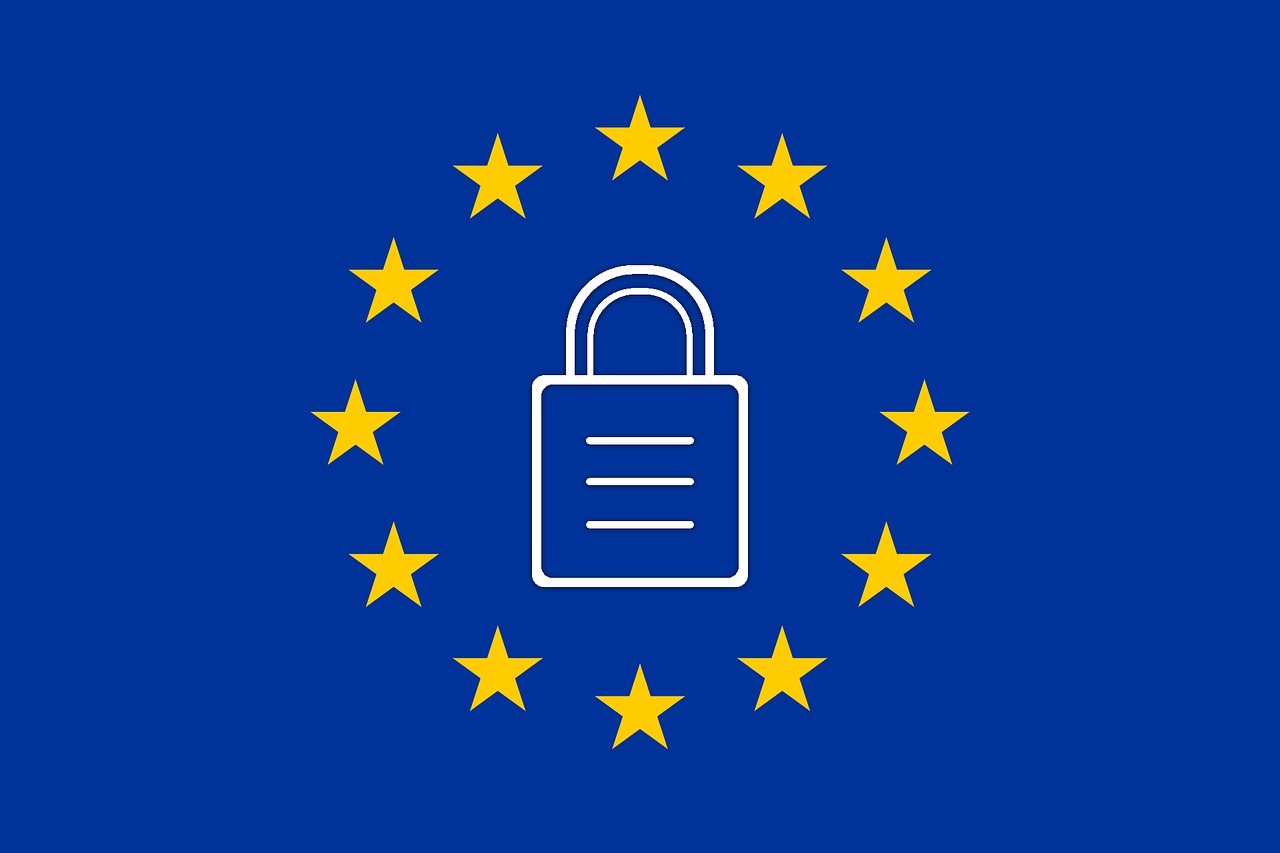
The EU ratifies the copyright directive that affects Google and Facebook

Today Monday, April 15 the Council of the European Union has ratified the new Copyright Directive which was approved at the end of last month at the seat of the European Parliament in Strasbourg. A very important text that aims to protect artists, authors, news editors and journalists from all over Europe.
The updating of this regulation has been characterized by a intense debate between the affected parties, such as the Reddit or Wikipedia platforms, concerned about the impact on their services, and the beneficiaries (editors and artists) who demand fair remuneration.
Protect the European creative industry
In order to prevent anyone from misusing those contents protected by copyright, the new text requires content platforms, web aggregators and search engines to take letters in the matter to prevent copyright infringement.
Under the new rules, Google and other web aggregators will have to pay publishers for the use of news snippets. A kind of digital canon that compensates the losses for the lack of investment in online advertising that has gone to search engines and aggregators of news instead of the news portals.
On the other hand, content platforms, such as YouTube or Facebook, will be required to install bots that filter protected content to get on their platforms.
Voting results, #Copyright directive approved: pic.twitter.com/kHPp8Q8xVI
– Julia Reda (@Senficon) April 15, 2019
Result of the votes
The europarliamentary Julia Reda has revealed on Twitter the results of the votes of the Council of the European Union. In it we see that Italy, Holland, Luxembourg, Finland and Sweden have voted against, while Belgium, Estonia and Slovenia have abstained. Spain has voted in favor among other big European Union like Germany.
It was the last school to block the advance of a directive that will change the internet context as we know it. From now on, we enter into a process of assimilation and implementation by the member countries of the European Union to apply the new regulations, with a maximum term of two years.
Other news about … copyright
Publicado en TuExperto el 2019-04-15 07:23:09
Autor: Raúl García
Visite el articulo en origen aqui




